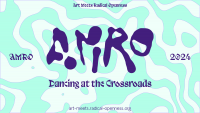Commission steps up support to the cultural sector by offering more guidance and dissemination for cultural and creative sector funding opportunities
press release – text and image by the European Commission.
Recently, the European Commission launched a new interactive guide mapping all funding opportunities available at EU level for the cultural and creative sectors. CulturEU, a one-stop shop for EU funding, gathers a total of 75 funding opportunities from 21 different EU programmes, from Creative Europe and Horizon Europe to structural funds and InvestEU. In just a few clicks, the interactive online tool can direct any European cultural entity to the most appropriate EU financial support available to it.
Vice-President for Promoting our European Way of Life, Margaritis Schinas, said: ”Artistic freedom, creativity and cultural diversity are emblematic of our European way of life. Europe is a cultural powerhouse which needs its creative and cultural sectors to thrive. Alongside Next Generation EU, we are launching today a new online tool to enable our artists, creators and culture professionals easily navigate and choose the most relevant support schemes at EU level. Together we can achieve a sustainable recovery for the creative and cultural sectors across Europe.”
Commissioner for Innovation, Research, Culture, Education and Youth, Mariya Gabriel said: “Cultural and creative sectors have the unique power to improve lives, create community bonds, generate jobs and growth and to inspire other sectors of activities. It was high time to accompany cultural actors in their search for European funds and to gather in one single guide all the funding opportunities the EU offer them. This unprecedented mapping allows all cultural actors to find the best European funding for them among 75 opportunities in just three clicks. I trust that this guide will further contribute to making our funds more accessible to all cultural organisations and help them on their way to a sustainable recovery.”
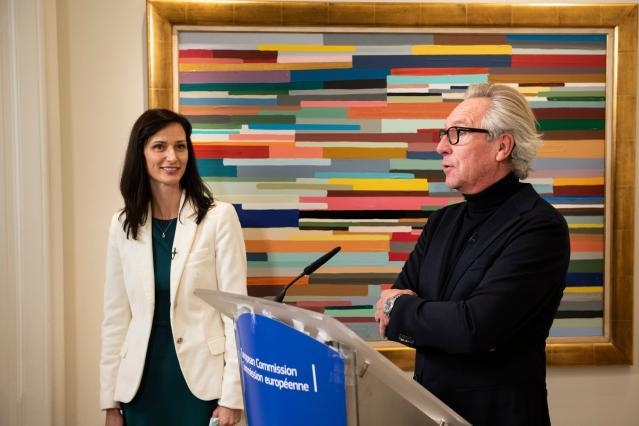
image from EC press release
The guide was developed to help all types and sizes of partners working in the cultural and creative sectors to navigate the EU funding landscape, to understand which opportunities are available to them, and ultimately help them to access EU funding more easily. Interested parties can automatically filter relevant funding opportunities based on their needs, their sector and the type of organisation they represent. It is supplemented by inspiring examples and best practices. CulturEU will be regularly updated with the most recent information on new calls coming out, and will be available in all EU languages in early 2022.
The cultural and creative sectors have been hit hard by the wide-ranging restrictions, set in place during the COVID-19 pandemic. Since the onset of the pandemic, the Commission has taken numerous measures to address the consequences of the coronavirus crisis on the creative and cultural sectors, by complementing and supporting actions by Member States: financial support, cooperation at EU level while respecting national competences, and investment.
Actions taken at EU level until now to support the creative and cultural sectors include:
- Increasing EU financial support to the cultural and creative sectors, with almost €2.5 billion from Creative Europe, and close to €2 billion from Horizon Europe dedicated to cultural, creative and inclusive projects from 2021 to 2027;
- Dedicating funds from the Recovery and Resilience Facility;
- Approving national aid under the State aid Temporary Framework for a total amount of over €420 million;
- Publishing EU guidelines on the safe reopening and recovery of the sector;
- Launching a dedicated platform, Creatives Unite, for artists, performers and other cultural and creative professionals to share information and initiatives and exchange ideas. This platform now has over 43,000 users.
The Commission continues to coordinate and facilitate exchanges at EU level to reflect on the current challenges and opportunities faced by the cultural and creative sectors.
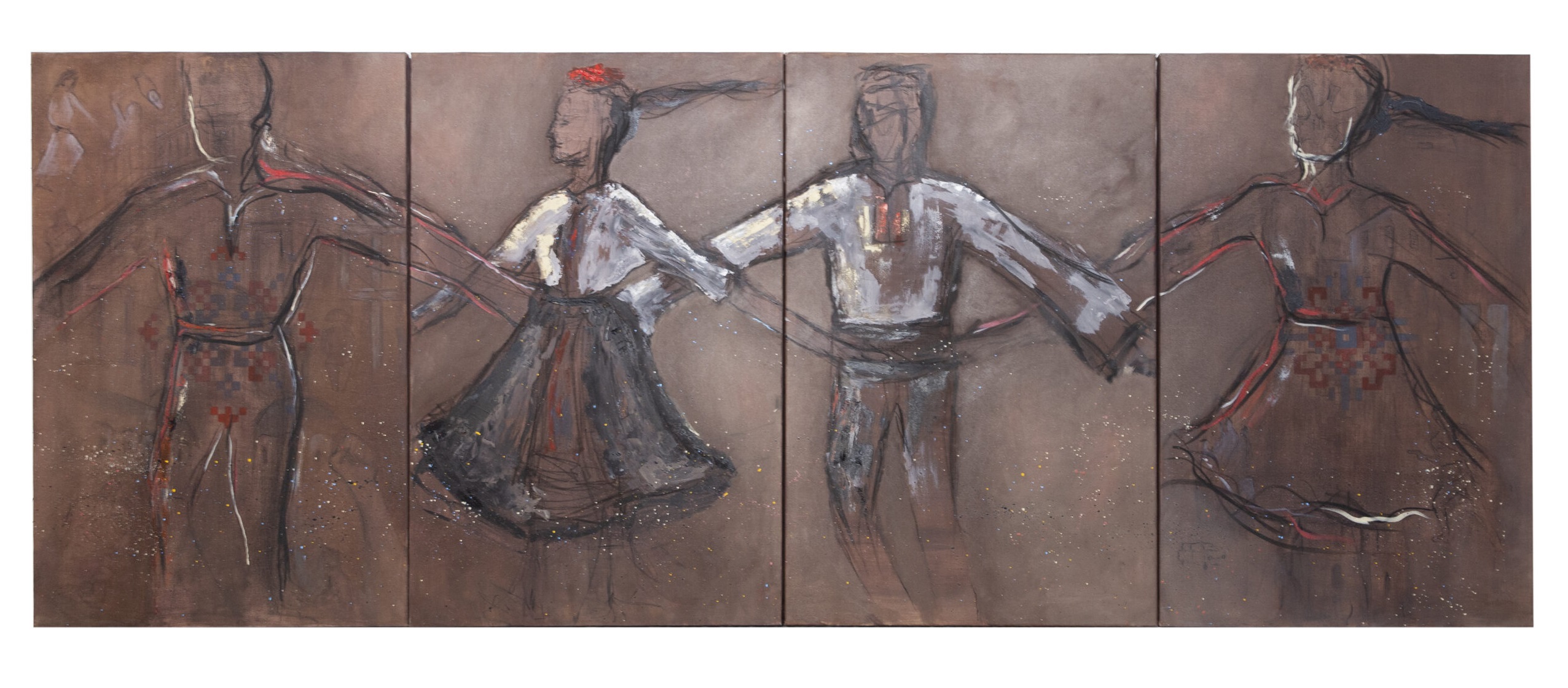




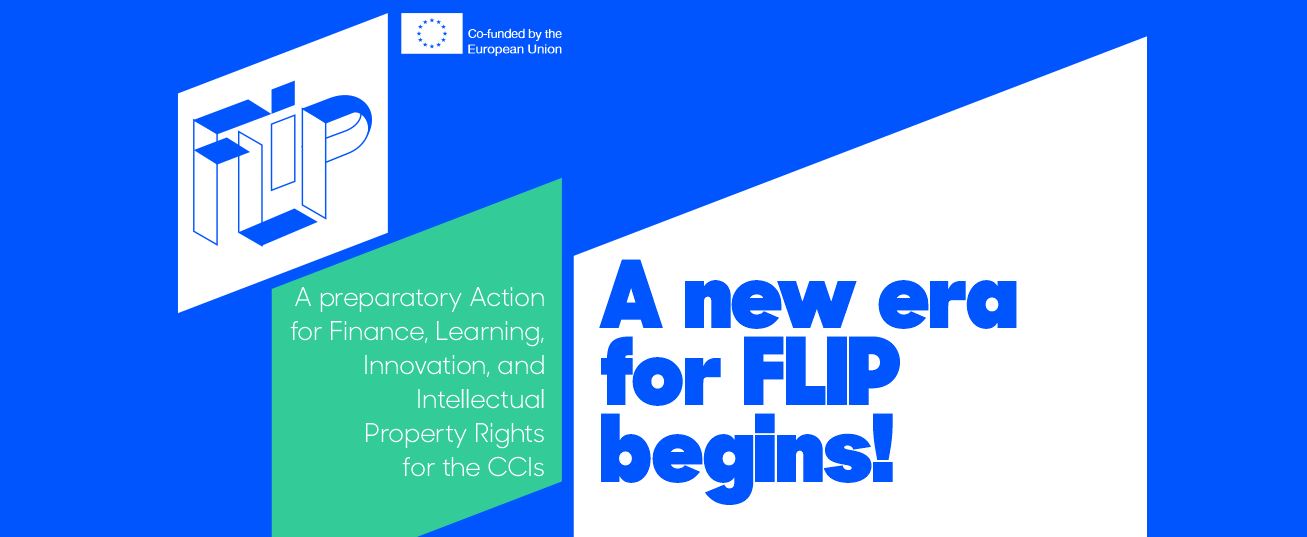 From the achievements reached by Pilot project Creative FLIP (2019-2021), co-funded by the EU, “FLIP – Finance, Learning, Innovation and Intellectual Property Rights for CCS” was arose; this new phase of Creative FLIP will be running from 2021-2023 with the goal of building a stronger resilience of the cultural and creative sector, by further strengthening their overall ecosystem.
From the achievements reached by Pilot project Creative FLIP (2019-2021), co-funded by the EU, “FLIP – Finance, Learning, Innovation and Intellectual Property Rights for CCS” was arose; this new phase of Creative FLIP will be running from 2021-2023 with the goal of building a stronger resilience of the cultural and creative sector, by further strengthening their overall ecosystem.
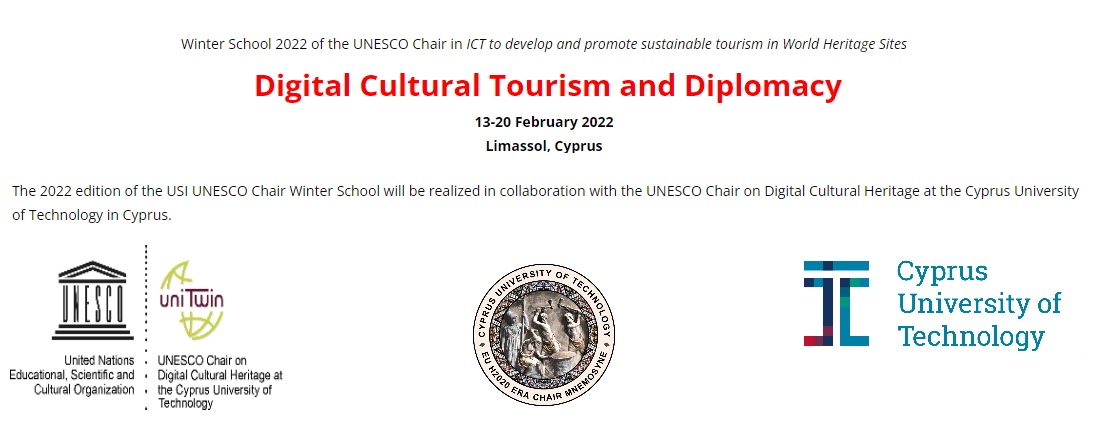
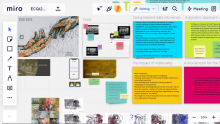
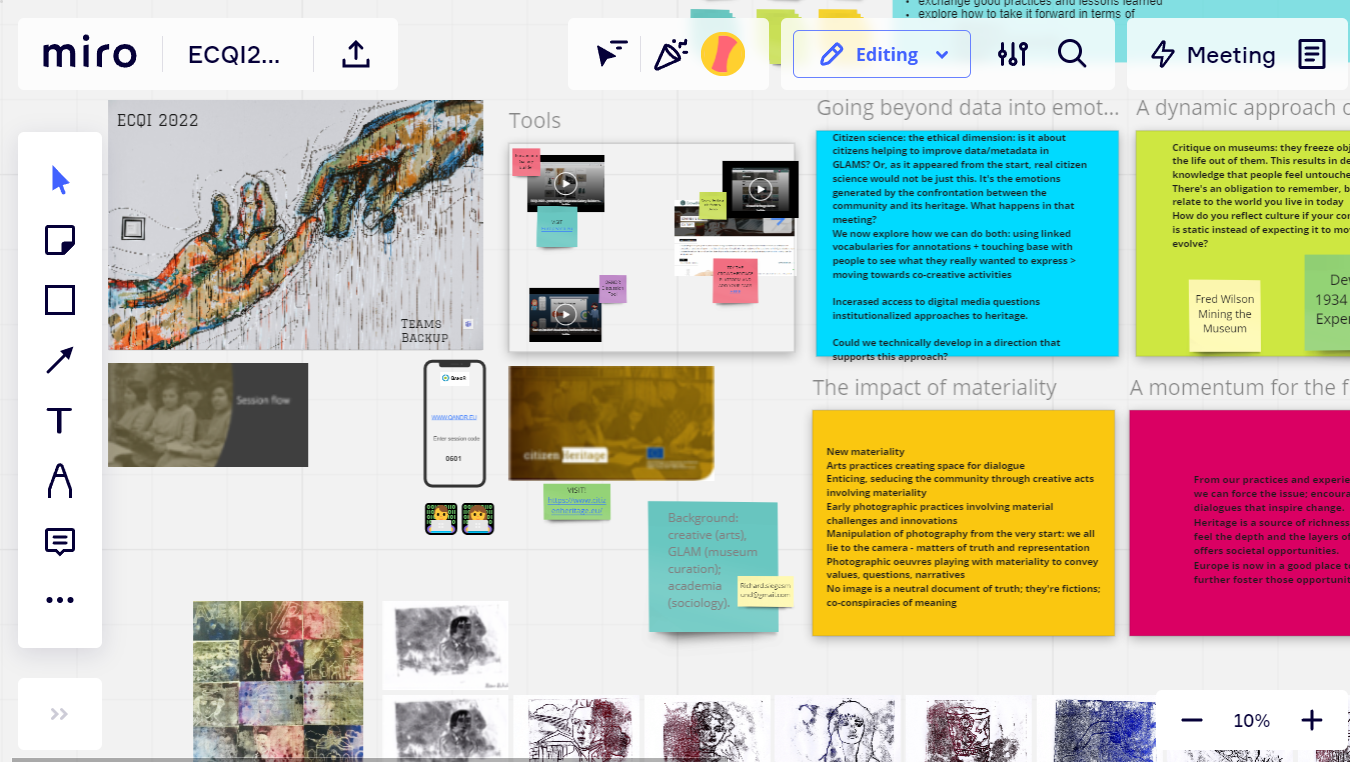
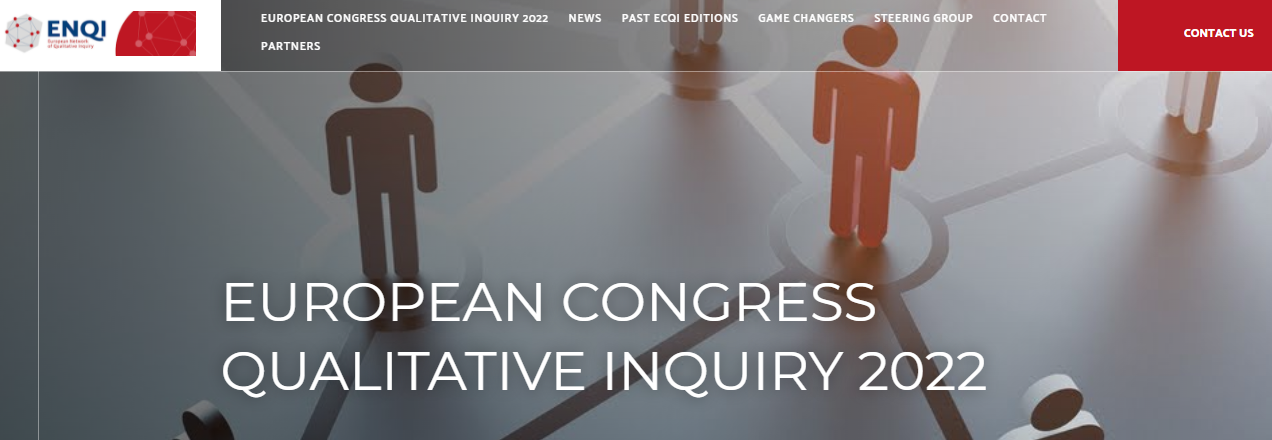
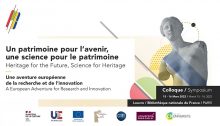
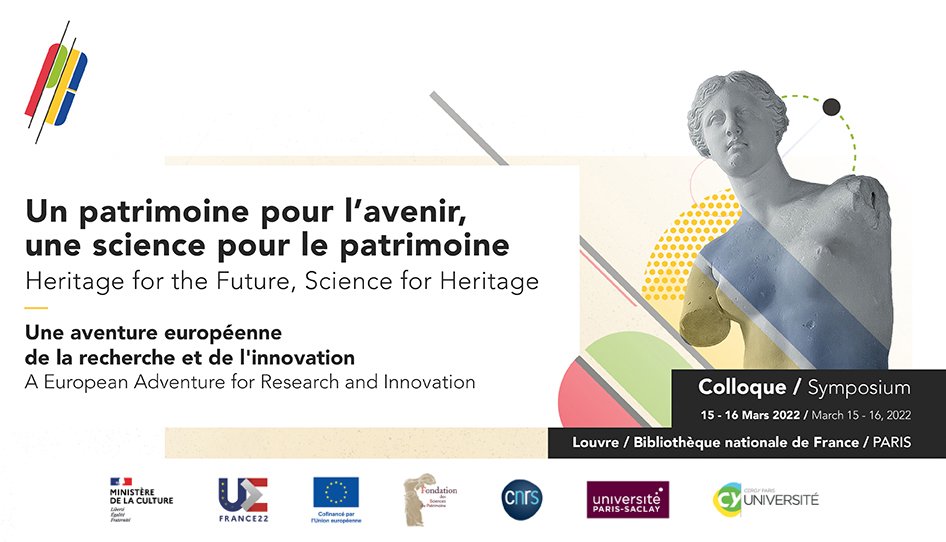 Heritage science brings together the human, social, fundamental, digital, and engineering sciences and deals with the study of cultural heritage, contributing to the identification, understanding, preservation, restoration, and transmission of cultural heritage, be it tangible, intangible, natural or digital.
Heritage science brings together the human, social, fundamental, digital, and engineering sciences and deals with the study of cultural heritage, contributing to the identification, understanding, preservation, restoration, and transmission of cultural heritage, be it tangible, intangible, natural or digital.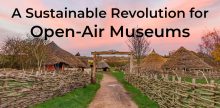
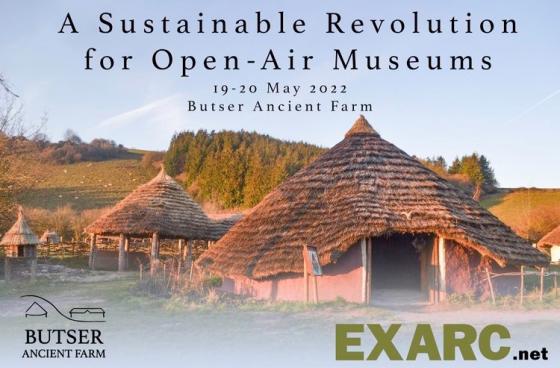 The second call for papers was launched by Exarc for the conference “A Sustainable Revolution for Open-Air Museums” that will be held at Butser Ancient Farm in southern England next 19-20 May 2020.
The second call for papers was launched by Exarc for the conference “A Sustainable Revolution for Open-Air Museums” that will be held at Butser Ancient Farm in southern England next 19-20 May 2020.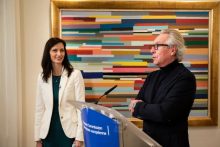

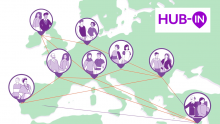
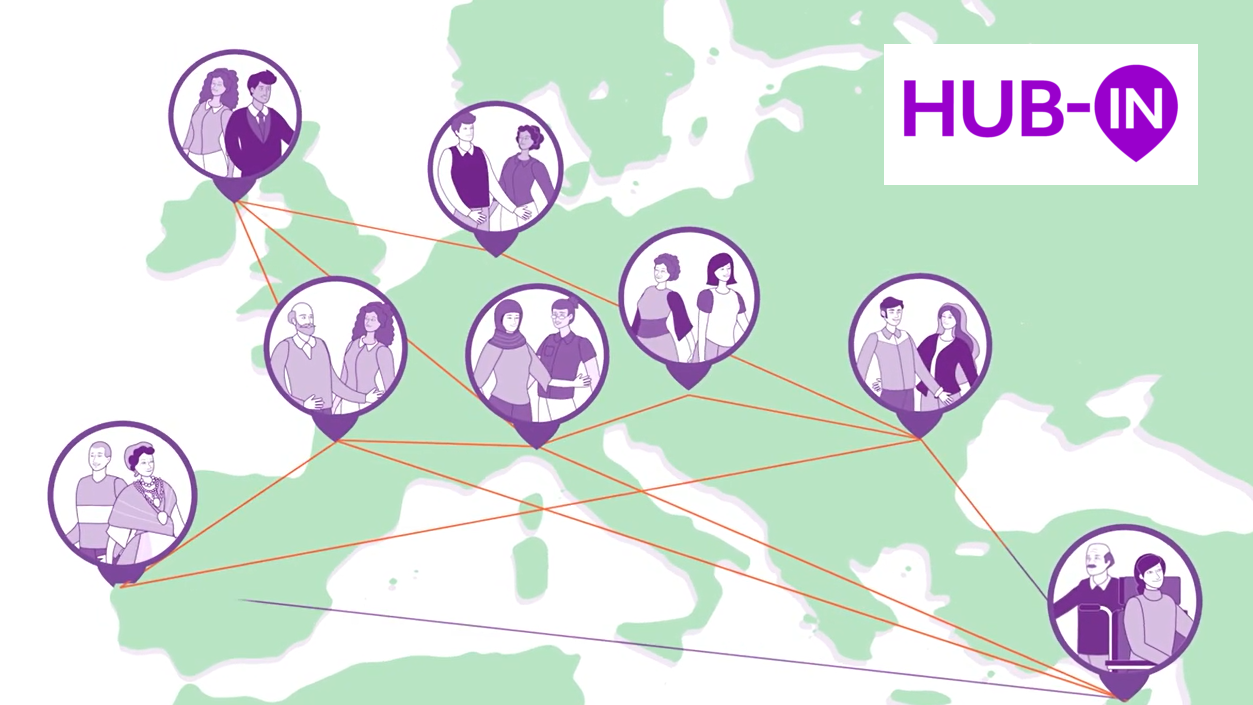 HUB-IN is an EU H2020 project focused on the transformation and regeneration of historic urban areas (HUAs) while preserving their unique cultural and social identity and environment.
HUB-IN is an EU H2020 project focused on the transformation and regeneration of historic urban areas (HUAs) while preserving their unique cultural and social identity and environment.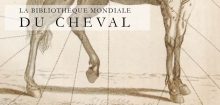
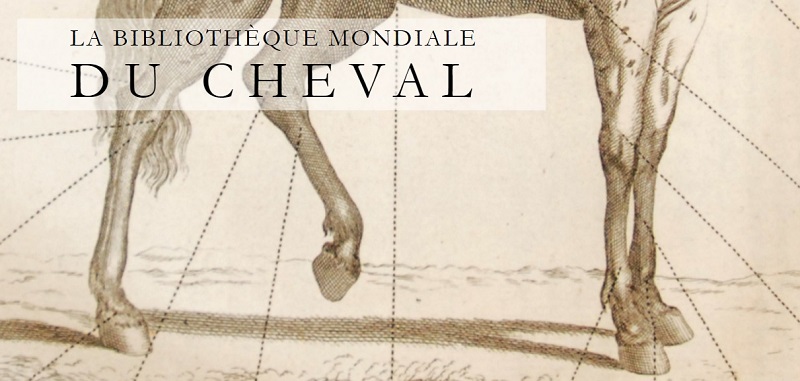
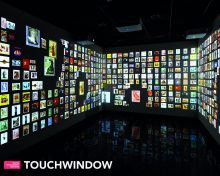
 On the occasion of Dante’s year celebrations, Ravenna Municipality paid homage to the Great Poet by renewing the spaces of his museum in a more interactive and immersive way. The project was assigned to Touchwindow, a specialized company which focuses on digital transformation and innovation aimed at user engagement. Two were the main tasks of the project: re-defining aesthetic guidelines (including the museum’s visual identity) and re-functionalizing all museum’s spaces. For achieving the best result, a whole technological refitting of the exhibition rooms was designed with the clear purpose of offering a unique customer experience: a combination of spectacular immersive projections, audio systems equipped with proximity sensors and customized software for maximizing the impact of interactive contents.
On the occasion of Dante’s year celebrations, Ravenna Municipality paid homage to the Great Poet by renewing the spaces of his museum in a more interactive and immersive way. The project was assigned to Touchwindow, a specialized company which focuses on digital transformation and innovation aimed at user engagement. Two were the main tasks of the project: re-defining aesthetic guidelines (including the museum’s visual identity) and re-functionalizing all museum’s spaces. For achieving the best result, a whole technological refitting of the exhibition rooms was designed with the clear purpose of offering a unique customer experience: a combination of spectacular immersive projections, audio systems equipped with proximity sensors and customized software for maximizing the impact of interactive contents.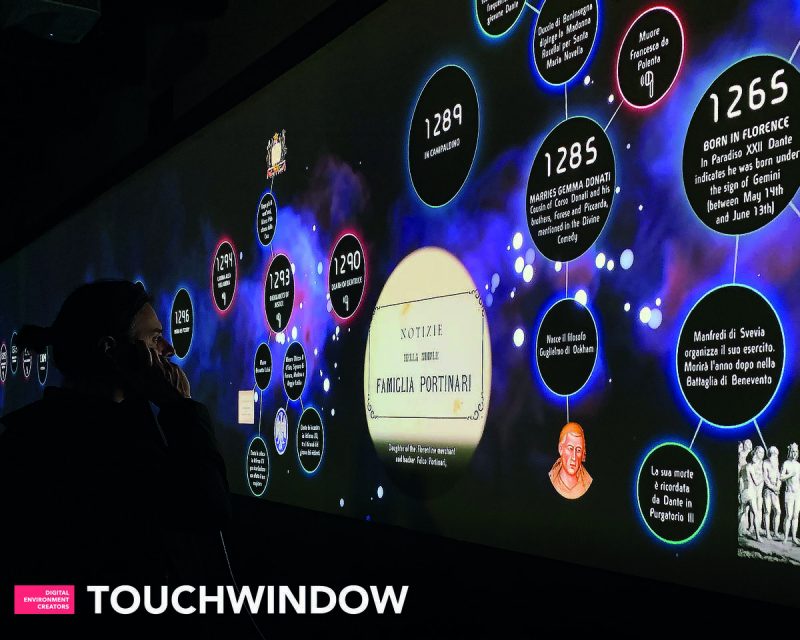
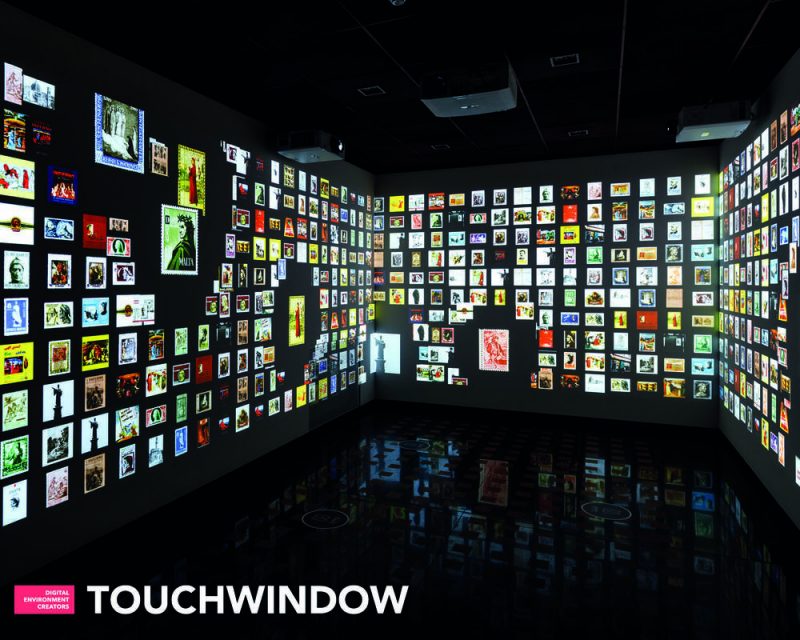
 If you have interesting news and events to point out in the field of digital cultural heritage, we are waiting for your contribution.
If you have interesting news and events to point out in the field of digital cultural heritage, we are waiting for your contribution.














